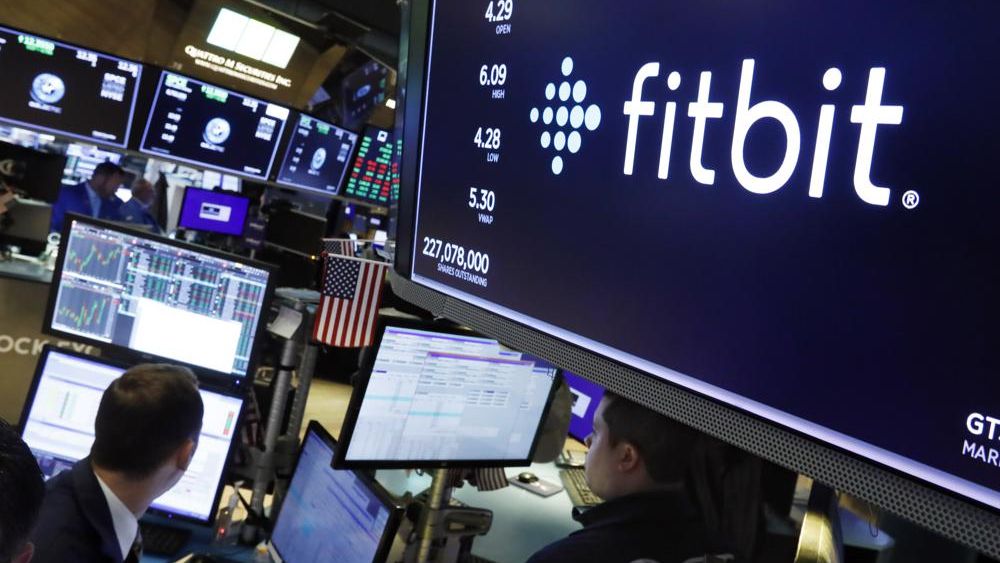NATIONWIDE — Google-owned Fitbit recalled 1 million of its Ionic smartwatches after dozens of users reported burn injuries after the battery overheated.
The fitness gadget maker said anyone who bought the watch with the model number FB503 should immediately stop using the product and contact Fitbit for packaging to return it, even if they have experienced no issues with the smartwatch thus far. Customers will receive a $299 refund and a discount of 40% to purchase certain Fitbit products, the company said. The watch retailed for anywhere between $200 to $330.
Fitbit received 115 reports of the battery overheating in the U.S., with 78 reports of burn injuries including 2 reports of third-degree burns and four claims of second-degree burns. There were 59 overheating reports internationally, 40 of which resulted in burn injuries.
Fitbit, based in San Francisco, introduced the Ionic watches in 2017 and stopped producing them in 2020, but they were sold through Dec. 2021.
The recall only applies to the Ionic smartwatch, which was sold with a polyurethane band and has a 1.4-inch color LCD screen. The recalled watch came in slate blue/burnt orange, charcoal/smoke gray, blue gray/silver gray and in ink blue/silver gray. The smartwatch, which tracks activity, sleep and heart rate, has the model number, FB503, printed on the back of the device.
Google completed its $2.1 billion acquisition of Fitbit last year, which raised concerns about privacy. A subsidiary of Alphabet, Google makes most of its money by selling ads that rely on information it collects about its billions of users’ interests and whereabouts. Privacy watchdogs feared it might exploit Fitbit to peer even deeper into people’s lives.
Google entered a series of commitments in Europe and other parts of the world in which it pledged not to use health and fitness data from Fitbit’s 29 million users to sell more ads.
The District of Columbia and three states sued Google this year for allegedly deceiving consumers — but not specifically via Fitbit products — and invading their privacy by making it nearly impossible for them to stop their location from being tracked.
D.C. Attorney General Karl Racine alleged Google “systematically” deceived consumers about how their locations are tracked and used. He also says the internet search giant has misled users into believing they can control the information the company collects about them.
For more information on the recall, click here.



